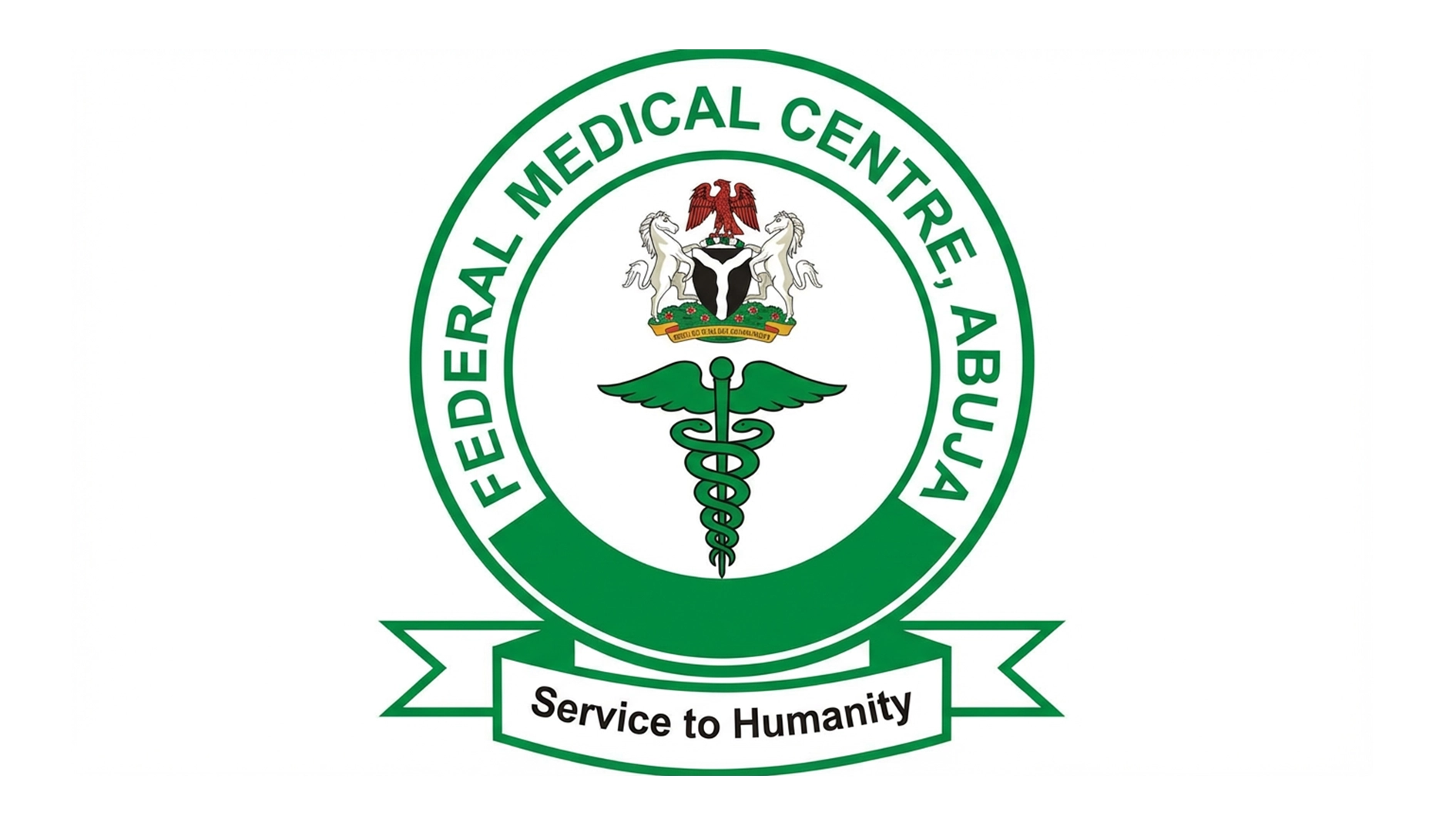The SBM Health Preparedness Index (HPI) has released data assessing how Nigeria’s 36 states respond to health emergencies and deliver effective healthcare services.
This was contained in SB MorgenHealth Preparedness Data for October 2025, secured from the National Bureau of Statistics (NBS), the World Health Organisation (WHO), The Lancet, The Nigeria Demographic and Health Survey (NDHS), BudgIT, The Cable, Faculty of Medical Sciences of Radboud University, and Global Data Lab
The index, which focuses exclusively on the 36 states and does not include the Federal Capital Territory (FCT) of Abuja, was calculated using the latest available data, examining state-level budgetary commitments, human resource capacity, and key health outcomes
The highest score recorded across all 36 states is 26.85, showing that no state in Nigeria achieved a 30% rating for health preparedness. The low scores revealed that service delivery across the nation is not just weak but critically unstable, leaving the vast majority of citizens exposed to preventable health risks and severely limiting the ability of state governments to mount an effective and resilient response to any future epidemic or pandemic
Japa Syndrome
The data revealed Nigeria’s health sector has suffered massive setbacks, given the mass exodus of medical professionals, often referred to as “Japa Syndrome”. Poor working conditions, inadequate remuneration, outdated equipment, and widespread insecurity fuel this brain drain. Estimates suggest that thousands of doctors have emigrated in recent years, with some reports indicating that over 67% of Nigerian-trained doctors currently practise in countries like the United Kingdom.
An analysis of the 2025 state health budgets reveals a continued disparity in fiscal commitment to the health sector across Nigeria. Lagos maintains its position as the top allocator in nominal terms, dedicating over N221 billion to health.
However, in relative terms, Kaduna leads the pack, allocating 16.1% of its total budget to healthcare, followed closely by Kano (15.2%) and Bauchi (15.1%). This demonstrates a significant prioritisation of health funding within these states’ fiscal frameworks.
In stark contrast, several states have allocated a minimal percentage of their budgets to health. Akwa Ibom (4.3%), Bayelsa (4.1%), and Imo (3.5%) sit at the bottom of the table, indicating that health remains a lower priority despite the risks of disease outbreaks following recent disasters such as floods.
When viewed on a per capita basis, the disparities become even more pronounced. Abia (N22,926) and Ogun (N21,051) stand out for their high health spending per citizen. In contrast, states like Imo (N3,950) and Adamawa (N4,271) lag significantly behind, potentially limiting the accessibility and quality of healthcare available to their residents.
High and low performers
Abia State takes the top position in the HPI for the first time, scoring 26.85. Its performance is buoyed by the highest health spending per person (N22,926, $15.65), a healthy percentage (14.8%) of its budget allocated to health and one of the country’s highest HDI (0.674).
Ogun (23.52) retains its second position from last year, and Lagos (23.08), which dropped to third, remains in the top three. Both Lagos and Ogun demonstrate consistency in their health investments. Notably, Osun State has made a significant leap into the top five, ranking 4th with a score of 22. 26, a marked improvement from its previous position, driven by favourable metrics across several indicators.
States from the northern geopolitical zones overwhelmingly occupy the lower tiers of the index. Kebbi (13.31) and Katsina (12.54) are at the very bottom, however, for the first time, since we started this index a state from one of the southern geopolitical zones, Ebonyi (12.85) is in the bottom five, almost at the bottom, not helped by poor spending on health and a high doctor to patient ratio of 1 doctor per 21, 202 residents of the state. These states, along with Sokoto, Gombe, and Zamfara, are hampered by a confluence of factors






